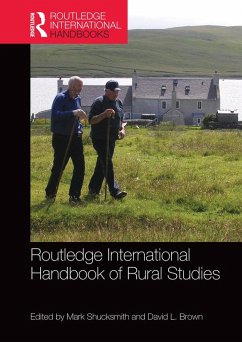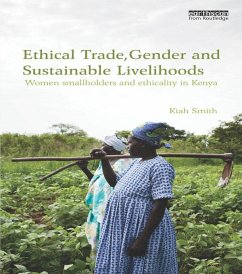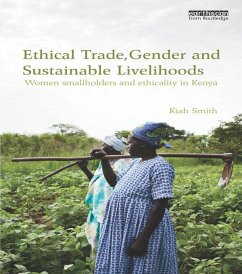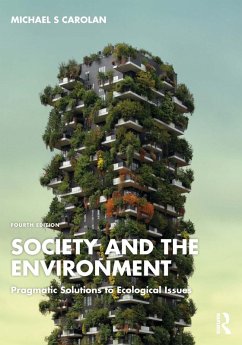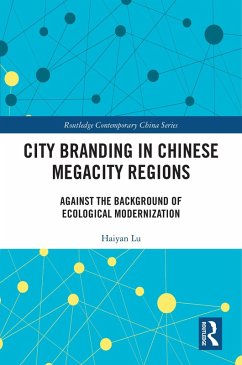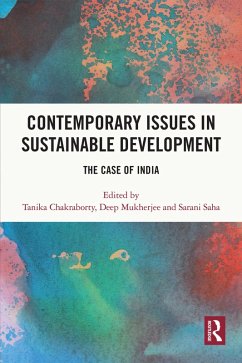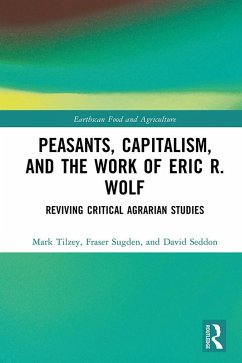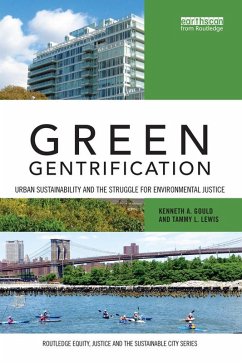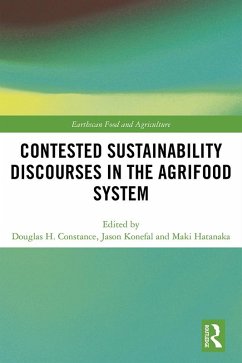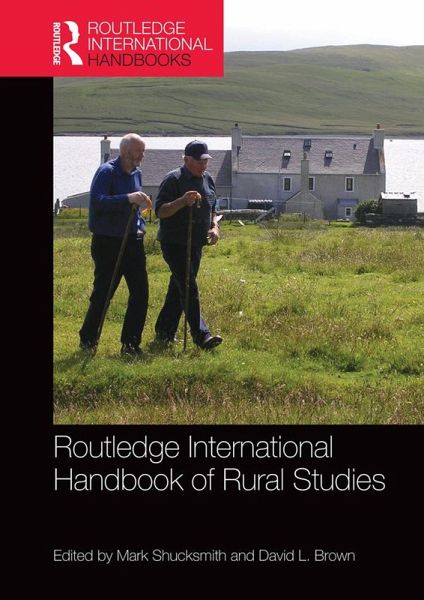
Routledge International Handbook of Rural Studies (eBook, ePUB)
Versandkostenfrei!
Sofort per Download lieferbar
47,95 €
inkl. MwSt.
Weitere Ausgaben:

PAYBACK Punkte
24 °P sammeln!
Rural societies around the world are changing in fundamental ways, both at their own initiative and in response to external forces. The Routledge International Handbook of Rural Studies examines the organisation and transformation of rural society in more developed regions of the world, taking an interdisciplinary and problem-focused approach. Written by leading social scientists from many countries, it addresses emerging issues and challenges in innovative and provocative ways to inform future policy. This volume is organised around eight emerging social, economic and environmental challenges...
Rural societies around the world are changing in fundamental ways, both at their own initiative and in response to external forces. The Routledge International Handbook of Rural Studies examines the organisation and transformation of rural society in more developed regions of the world, taking an interdisciplinary and problem-focused approach. Written by leading social scientists from many countries, it addresses emerging issues and challenges in innovative and provocative ways to inform future policy. This volume is organised around eight emerging social, economic and environmental challenges:
Cross-cutting these challenges are the growing interdependence of rural and urban; the rise in inequality within and between places; the impact of fiscal crisis on rural societies; neoliberalism, power and agency; and rural areas as potential sites of resistance. The Routledge International Handbook of Rural Studies is required reading for anyone concerned with the future of rural areas.
- Demographic change.
- Economic transformations.
- Food systems and land.
- Environment and resources.
- Changing configurations of gender and rural society.
- Social and economic equality.
- Social dynamics and institutional capacity.
- Power and governance.
Cross-cutting these challenges are the growing interdependence of rural and urban; the rise in inequality within and between places; the impact of fiscal crisis on rural societies; neoliberalism, power and agency; and rural areas as potential sites of resistance. The Routledge International Handbook of Rural Studies is required reading for anyone concerned with the future of rural areas.
Dieser Download kann aus rechtlichen Gründen nur mit Rechnungsadresse in A, B, BG, CY, CZ, D, DK, EW, E, FIN, F, GR, HR, H, IRL, I, LT, L, LR, M, NL, PL, P, R, S, SLO, SK ausgeliefert werden.




